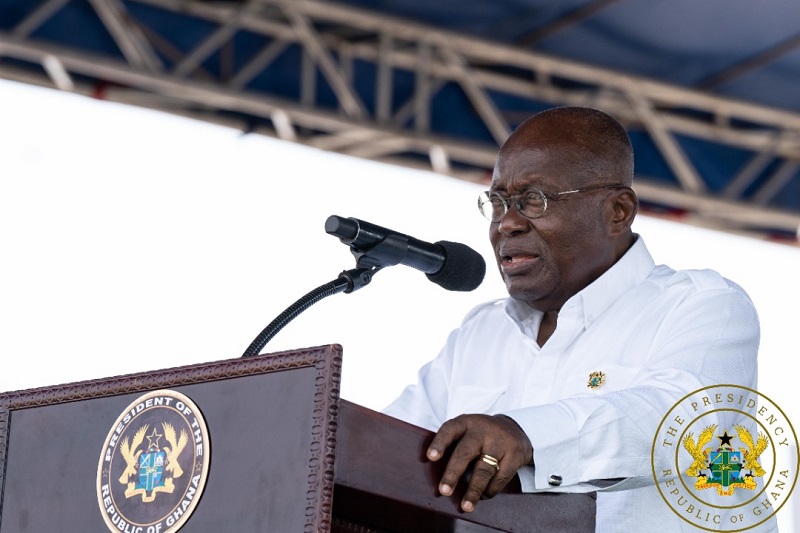
A retired diplomat, K. B. Asante, has expressed doubts over the free high school education policy which is being pursued by the Akufo-Addo led government, believing that initiative is not sustainable.
To him, per the figures that he has seen about the economy, Ghana is not in good standing to commence the much touted free high school education policy, cautioning that the government should hasten slowly.
“When I look at the figures and the general state of the economy, I doubt whether it will be sustainable. If the government does not have the money what happens? It means that people will go to school and not many people will have the free text books to read,” he noted.
The Statesman made this observation, Monday, when he interacted with Fiifi Banson on Anopa Kasapa on Kasapa 102.5 FM over the proposed free high school education by the government.
The President, Nana Addo Dankwa Akufo-Addo on Saturday, February 11, 2017, announced that the free secondary school education policy promised by the New Patriotic Party (NPP) during the 2008, 2012 and 2016 electioneering campaigns will commence in September this year.
Nana Akufo-Addo who was the Special Guest of Honor at the 60th Anniversary celebration of Okuapeman School told that gathering that his government will fund the cost of public senior high schools for all those who qualify for entry from September this year.
The policy, he added, will also cover agricultural, vocational, and technical institutions at the high school level.
“By free SHS, we mean that, in addition to tuition which is already free, there will be no admission fees, no library fees, no science center fees, no computer lab fees, no examinations fees, and no utility fees; there will be free textbooks, free boarding and free meals, and day students will get a meal at school for free,” he explained.
However, K. B. Asante doubts where the country will get the funds to finance the policy. In the interim, he proposed that since funding will be a major challenge, it will be better for the government to start the initiative at the primary education level and then roll it to cover the SHS as soon as funds are available.
Nevertheless, he said once government officials are privy to the state of the economy more than him, he can only wish them well.
“If it is not sustainable then off course we go back to square one. If government does not have the money what happens? It means many people will go to school you say free text books and we can’t pay for them and so not many people will have the text books. I am hoping that it will be sustainable because if it is not sustainable and we have to stop it in the middle, it will not be good for education. So far if you want to fund free education you have to pay for it. No country will fund free education for anybody in any other country,” he stressed.
He added “Even in Britain and some other countries, they are finding it very difficult to pay for university education and so on. There are so many problems. So if the economy is good and you can do it, good luck. But if you can’t sustain it in my view you got to go slow. Let’s see if we have the elementary school first six years free so everybody can graduate. I don’t have the facts, the government officials have it and they know how much they can raise. Therefore if they are making it free education I say so be it because I hope it can be done because to me education is so important.”



